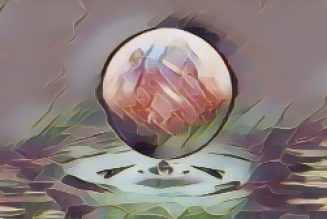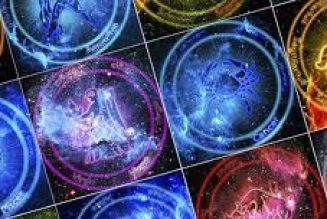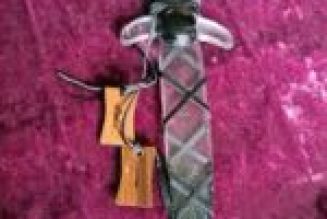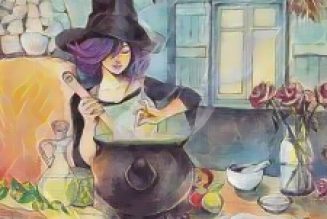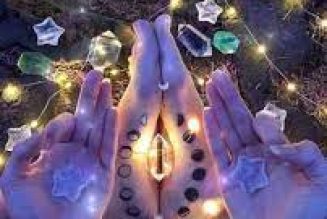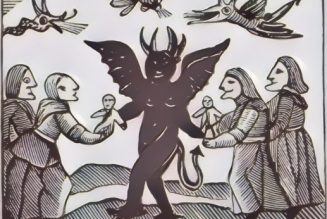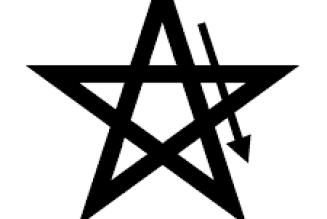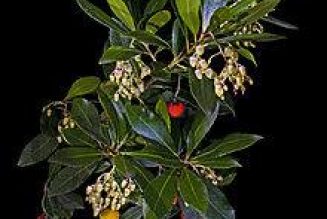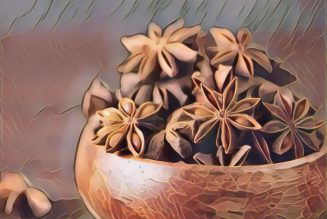A heavily charged place of magic.
The Greek goddess of witchcraft, Hecate, was also the goddess of the crossroads, and animals were sacrificed to her at such locations.
It was believed that Hecate appeared at crossroads on clear nights, accompanied by spirits and howling dogs.
Offerings were placed there to propitiate her and ask for her intercession in cases of madness, which was believed to be caused by departed souls.
In Ireland and Wales, it was traditional on Samhain (All Hallow’s Eve), the Druidic new year, to sit at a crossroads and listen for the howling of the wind, which would prophesy the year to come.
During the witch hunts, sorcerers and witches were said to frequent crossroads to conjure the Devil or his demons or make sacrifices to them.
In the sixth century, the sorcerer Salatin conjured the Devil for theophilus at a crossroads.
In 1324 Dame Alice Kyteller, an accused Irish witch, was said to sacrifice cocks to her familiar at a crossroads.
According to Carl G. Jung, a crossroads is a mother symbol; in that respect, it corresponds to the emphasis placed on the Mother Goddess in contemporary witchcraft.
The crossroads also represents the intersection of positive, neutral and negative forces. It is a place of fluxand of change.














